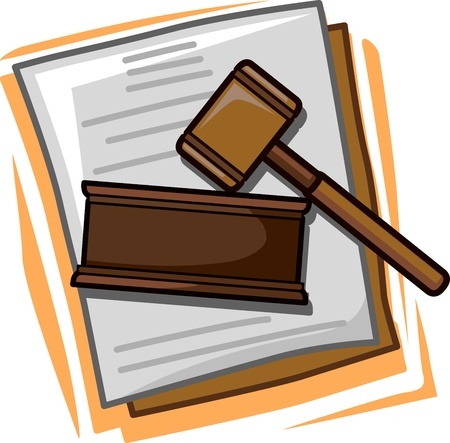Landlords: Take the Use and Occupancy Motion Survey
| . Posted in News - 3 Comments
By Kimberly Rau, MassLandlords, Inc.
MassLandlords has created a Use and Occupancy Motion Survey to collect information about the impact of Davis v Comerford. Please fill out this survey any time you have requested use and occupancy payments, regardless of the outcome.

Have you made a motion for use and occupancy? Let MassLandlords know!
Where Use and Occupancy Matters
Use and occupancy motions are filed in court when a claim or counterclaim is unrelated to payment, and the landlord needs to know the rent is available to be paid at the end of litigation. For instance, when a tenant appeals an eviction for cause, or when a defense is raised on the condition of the premises, there is theoretically rent money to be set aside.
These use and occupancy payments can be something of a safety net for landlords as we wait out summary process. It’s no secret that Massachusetts evictions take a long time. The MassLandlords example eviction takes 84 days from the moment rent is first unpaid. Sherwin Law Firm confirms this, writing an uncontested eviction can take one to two months to complete once a notice to quit is issued, and a contested eviction may take up to six months.
Davis v Comerford
Getting an order for use and occupancy payments can be tricky. In practice, use and occupancy motions have been inconsistently granted. Opinion was divided as to whether state statute permitted orders to escrow. Therefore, as detailed over years by Rich Vetstein at Mass Real Estate Law Blog, judges were not often quick to issue them.
On September 16, 2019, all this may have changed. In the case Davis v Comerford, the Supreme Judicial Court ruled that both Housing Court and District Court judges may issue rent escrow orders in favor of landlords who are going through the eviction process, provided certain guidelines are followed.
According to Vetstein’s post, judges who are asked to consider rent escrow orders must look at several factors, including the anticipated delay before case resolution, whether the tenant has had to pay out of pocket for any repairs (under the repair and deduct law), and the landlord’s mortgage and property expenses, as losing out on rent could lead to a foreclosure situation for the landlord. Even with a ruling that escrow payments are legal, they are not guaranteed to be approved for every landlord who requests them.
The Free Rent Trick
The ruling does not guarantee escrow motions will be granted, and leaves open the possibility of the so-called “free rent trick,” in which renters purposefully damage their premises to avoid paying rent. The ruling therefore does not invalidate the need for mandatory rent escrow legislation filed by MassLandlords.
But does the ruling undercut it? Is the ruling being applied where it ought to be applied? We want to hear from landlords and attorneys who have sought such use and occupancy payments.
We’ve set up a Use and Occupancy Motion Survey that asks for the date the motion was filed, case name and docket number, the name of the court, and whether the payments were ultimately allowed. You can take the survey here. The survey will be available on an ongoing basis, so landlords may fill it out as necessary going forward. Bookmark to return to when you have a relevant case.




